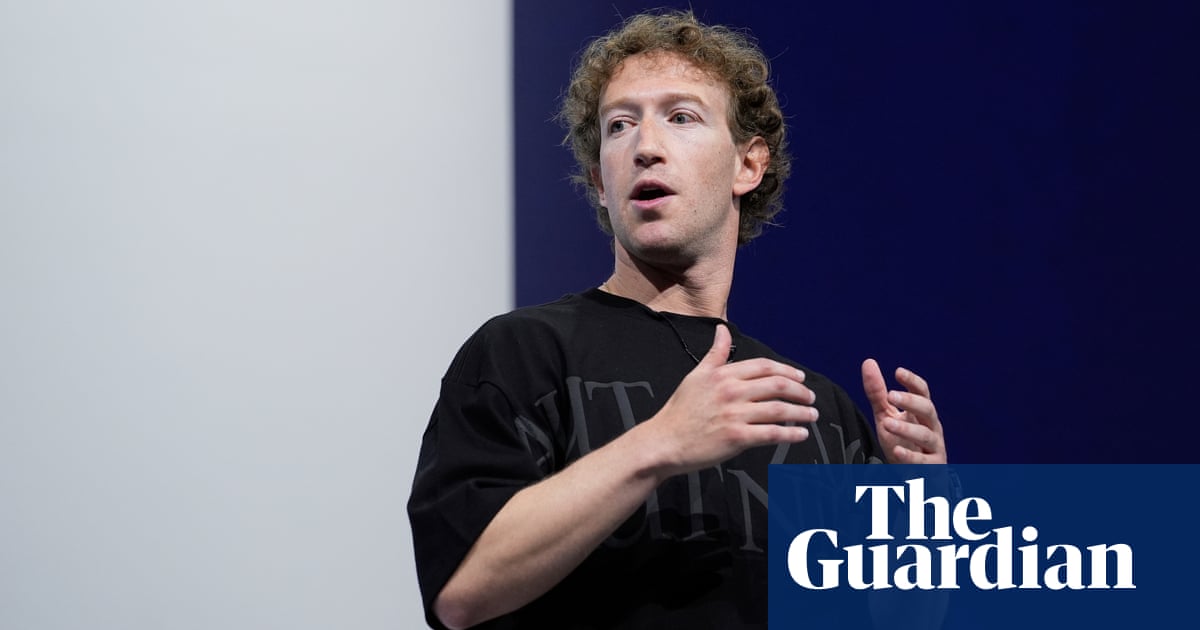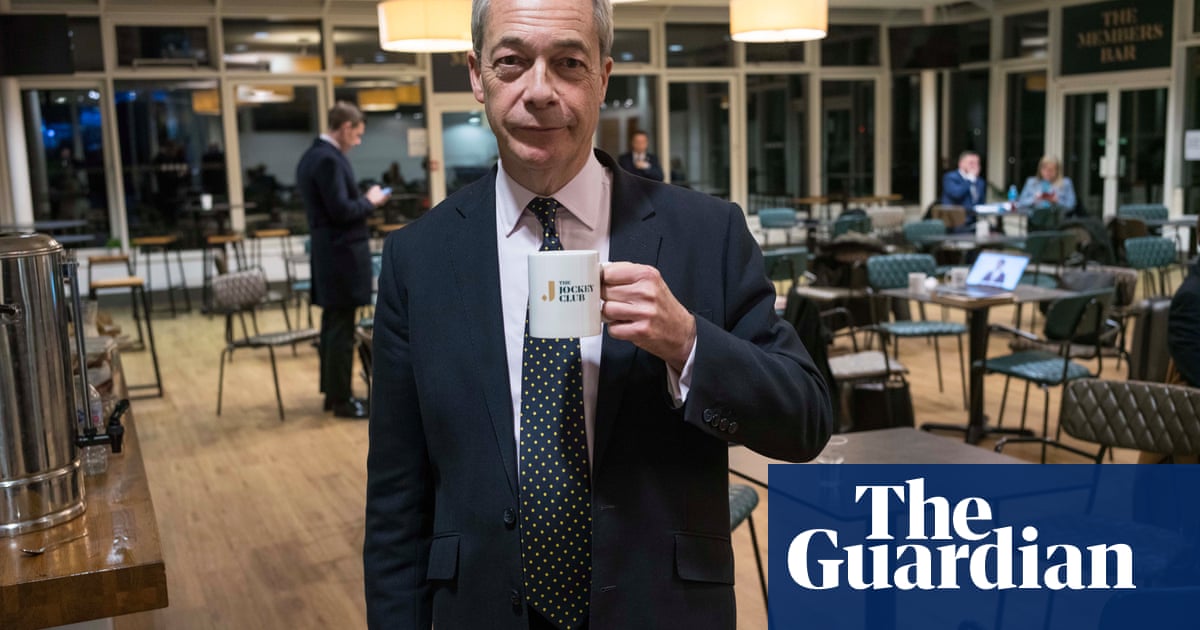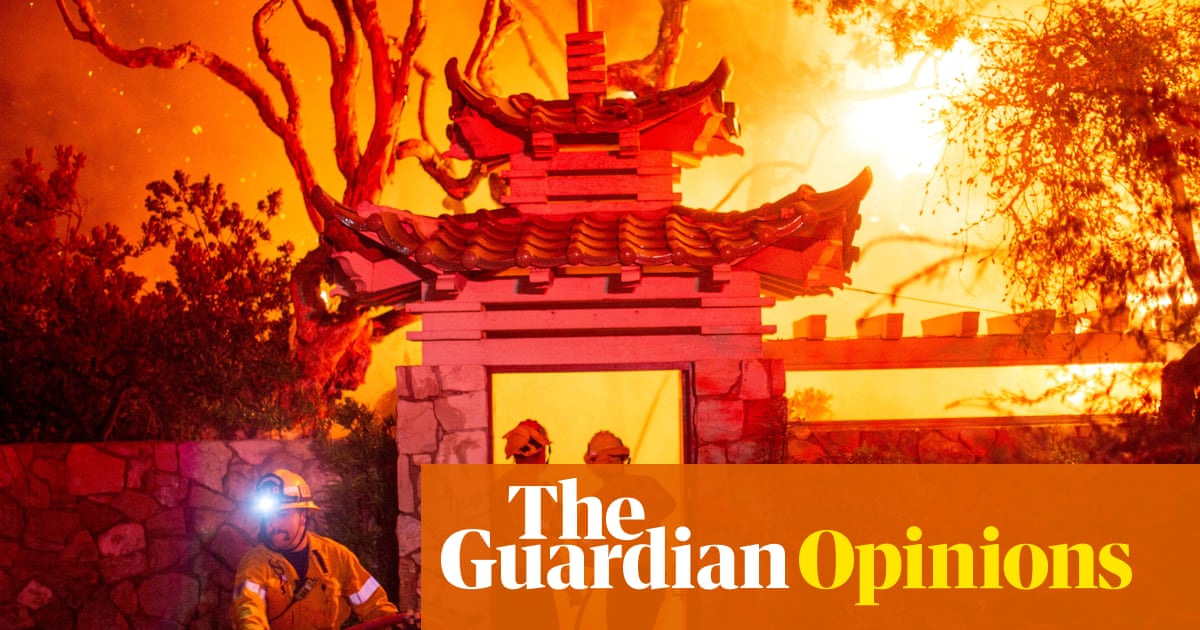As Donald Trump secured victory in the US presidential election, an unexpected phenomenon began trending on social media: young American women declaring their commitment to “4B”, a fringe South Korean feminist movement advocating the rejection of marriage, childbirth, dating and sex.
The movement has sparked intense global interest, with millions of views on TikTok and viral X posts heralding it as a women’s rights revolution.
Yet within South Korea itself, the picture is more complex and in some places the feminist movement is under attack.
“I had never heard of 4B until recently,” says Lee Min-ji, an office worker in Seoul who was surprised at all the international attention. “I understand where all the anger comes from, but I don’t think avoiding all relationships with men is the solution.”
Park So-yeon, a publishing professional in Seoul, says she does not date because she is prioritising her professional life.
“Like me, most of my female friends are more focused on their careers than dating right now, but that’s not because of 4B, it’s just the reality of being a young professional in Korea,” she says.
Pushing back against an unequal society
The 4B name stems from four Korean words beginning with “bi” (meaning “no”): bihon (no marriage), bichulsan (no childbirth), biyeonae (no dating), and bisekseu (no sex). As with past “separatist” feminist movements, 4B represents a rejection of heterosexual relationships as a means of resisting patriarchal structures.
The movement emerged in the mid-2010s amid growing online feminist activism in South Korea, a country where women face the widest gender pay gap among OECD nations and persistent discrimination.
Several high-profile incidents have galvanised feminist activism in recent years. In 2016, a woman was murdered near Gangnam Station by a male stranger who said he did it because women had “ignored” him. The case sparked nationwide protests against misogyny-driven violence.
Digital sex crimes have further fuelled the feminist movement, from widespread illegal filming through hidden cameras to the latest epidemic of AI-generated deepfake pornography targeting young women.
Online activists have also challenged South Korea’s demanding beauty standards. In 2018, some young women began posting videos of themselves destroying makeup products and cutting their hair short in what became known as the “escape the corset” movement.
But there has been a backlash, to the point where the word “feminism” itself has virtually become a slur in South Korea, carrying connotations far removed from western views of gender equality advocacy.
“Unlike the west’s long history with feminist movements, Korea is experiencing these changes in a very compressed way,” says Gowoon Jung, assistant professor of sociology at Korea University. “This has led many to view feminism only in its most radical form.”
President Yoon Suk Yeol, who took office in 2022, partly rode to victory on anti-feminist sentiment, courting disgruntled young male voters by denying the existence of structural gender discrimination and promising to abolish the country’s gender equality ministry.
“4B is more of a feminist statement that represents young digital feminists’ grievances and frustration about Korean society,” explains Minyoung Moon, a sociology lecturer at Clemson University who studies online feminism in South Korea. “However, its radical nature has contributed to serious backlash, with many young men and some women equating all feminists with man-haters, which deepens societal divisions.”
Lee Jeong-eun, who lives in Busan, says that openly feminist women face backlash on and offline. “You’re treated like the devil,” she says.
This fear isn’t unfounded: last year, a female convenience store worker in Jinju was violently attacked by a man who assumed she was a feminist simply because she had short hair, leading to a court ruling that recognised misogyny as a hate crime motive for the first time.
This hostile environment has led many young Korean women to practise what scholars like Moon and Jung term “quiet feminism”– embracing feminist principles privately while avoiding public identification with the movement.
An impact that is hard to measure
South Korea’s digital landscape plays a crucial role in the 4B movement’s expression. Anonymous online forums and social media serve as protected spaces for feminist discourse that might be difficult to voice openly. The online nature of the movement, however, makes it nearly impossible to measure 4B’s true scale or impact.
Within South Korea itself and before Trump’s victory, 4B had received relatively little mainstream attention, though internationally some media coverage has attempted to link 4B to South Korea’s record-low birthrate, which hit 0.72 children per woman in 2023. That can be problematic, says Moon.
“The low fertility rate in Korea is a complex issue, and you cannot simply argue that Korean women boycotting men leads to a low birthrate,” Moon says.
The birth rate has been dropping for decades and is frequently attributed to factors like the economic burden of child rearing, high housing costs, intense educational competition, and shifting priorities. “Women’s distrust and frustration with Korean society may have some cultural relation to it, but there is no proven correlation,” Moon says.
For Jung, the global attention on 4B reflects a shift in how feminist movements travel globally. “Many Asian social movements have historically been influenced by the west, as we saw with the #MeToo movement,” she says.
“Now we’re seeing movements that originated in Korea potentially influencing western societies.”

.png) 1 month ago
17
1 month ago
17













































